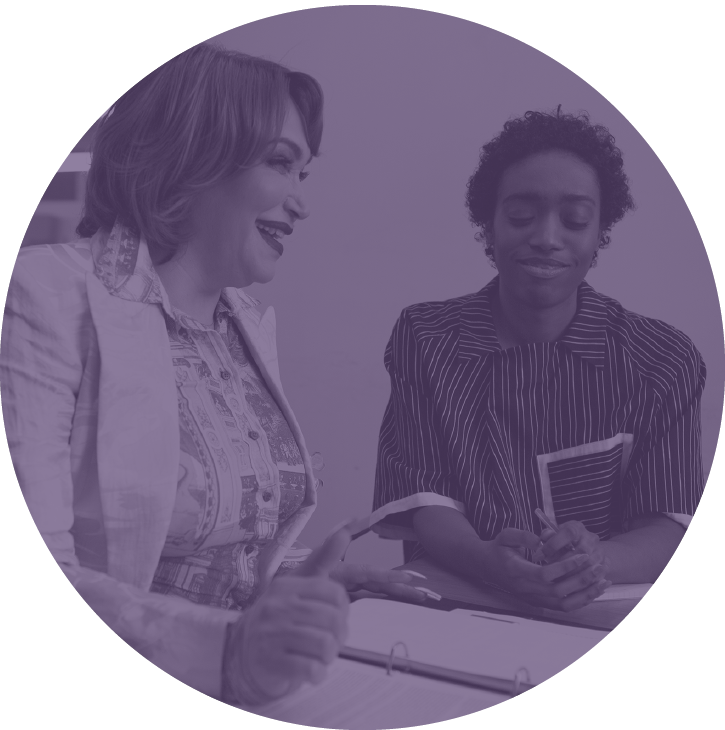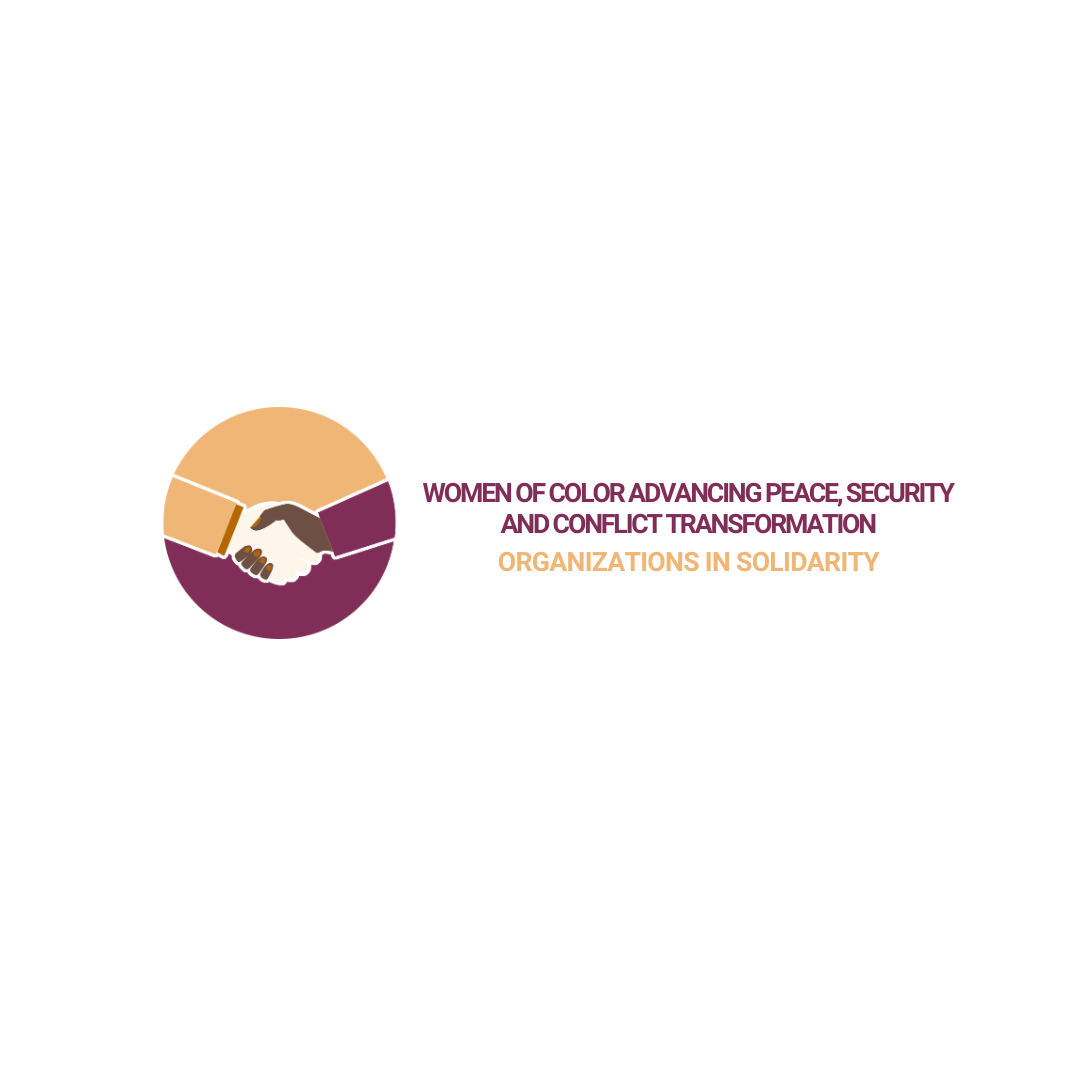
May 25th: A Reflection on a Year of Solidarity
May 25, 2021 marks one year since the killing of George Floyd. One year, two months and twelve days since the killing of Breonna Taylor. May 27, 2021, just two days later, will mark one year since the killing of Tony McDade. Last summer, it seemed America had a moment of clarity following a series of killings by militarized policing and police violence. For a moment, many Americans could no longer ignore the vast inequities that exist in this country. That moment of clarity resonated around the world, and has strengthened solidarity against racism, discrimination, and white supremacy in all its forms. However, systemic change takes dedication and time. The work for change must be sustained.
Derek Chauvin’s guilty verdict for George Floyd’s murder represents both progress and just how far we still have yet to go. The exceptional nature of his judgment illustrates the pervasiveness of racist and white supremacist systems in America and around the world. This one case existed in the context of countless lives cut short by police violence against Black communities and other communities of color in the United States. We continue to demand justice for Breonna Taylor, Ma’Khia Bryant, Adam Toledo, Dante Wright, Daniel Prude, Rayshad Brooks, and every person unjustly killed at the hands of police, many of whom are unknown to us but whose lives matter. Our goal must be to go beyond seeking justice and work to prevent such tragedies entirely by working together for change that ensures the respect, safety and security we all deserve as human beings.
There has been unprecedented political violence perpetrated against the American democratic system, which is rooted in white supremacy and manifested in violent acts of hate against communities of color. Specifically, Asian and Pacific Island Americans have been targeted in violent hate crimes, and stigmatization. This is a product of the same systems that have led to a disproportionately high number of COVID-19-related deaths in Black and Latinx communities, and amongst communities of color. It also exemplifies the double standards and prevalent discrimination embedded in our culture.
Internationally, we have seen militarized policing and police violence threaten the peace and security of communities, sharply exposing underlying issues of systemic and systematic inequality and discrimination. We stand in solidarity with the victims of these systems across the world. In recent days, the militarized siege on civilians in Gaza has shocked the natural conscience of our world. In Colombia, many have been killed by police since protests for economic justice and tax reform began. In Nigeria, the state response to the #EndSARS movement continues to result in countless deaths. While these injustices originate in different historical, national contexts the core systemic imbalances are mirrored in the United States, nations across Europe and the world.
It has been a year. George Floyd has a semblance of justice, but the list of Black and Brown people who have been killed at the hands of police continues to grow, and repressive practices still flourish. We must champion justice for those who have suffered in silence. There is no peace and security until we all share peace and security. We reassert the Standing Together Against Racism and Discrimination Solidarity Statement, and maintain our dedication to OrgsInSolidarity.
There is so much work to be done.
Working Group Reflections

Confronting Racism and White Supremacy
This year has been an emotional rollercoaster. While the international community worked to counter the impacts of COVID-19, we would be remiss if we failed to highlight the continued division white supremacy has fomented in our societies. The very public murder of George Floyd was an alarm to many, sounding a global cry for change and call for unity. More Americans poured out to the streets and pouted out their hearts as allies to recognize that while black lives should matter, we live in a society where by our collective actions, we demonstrate that they do not. Phrases like ‘systemic racism’ ‘white privilege’ and ‘police reform and accountability’ became apart of popular culture rhetoric. More than any time in our history, we are talking. We are analyzing. We are debating. We are, unfortunately, struggling. In recognition of this struggle, our working group has strived to provide an open dialogue without judgement to openly discuss white supremacy, its foundations, its precepts, and the challenges to resolving it within our organizations and communities. We acknowledge that we all have a role to play in confronting and dismantling white supremacy. We also recognize that white supremacy is a systemic problem that continues to impose grave costs on people of color throughout the country and the world. And soon, we hope to empower our organizations and communities with the tools through a policy primer to understand the root cause of systemic racism, the notion of white supremacy. We’ve come a long way and together, OrgsinSolidarity, can propel us even further towards a united nation.

Microaggressions and the Workplace
Black Lives Matter protests were the place to be: it was a movement, an important hashtag, and an uprising. All the rage became, quite literally, “all the rage.” We saw thousands of posts and profile pictures of black squares to challenges tagging 10 friends in a Black Lives Matter Instagram chain, and witnessed a sea of people flooding the streets demanding justice. Now that the shouting and marching have subsided, and it seems as though life may return to its normal rhythms, what are we doing for social justice in the quiet, less publicized moments? The microaggressions working group asks, “will you do more than acknowledge racism?” Will you commit to the much harder work of equality and anti-racism?
Want to become an anti-racist when the protests are over and the crowds have gone home? Educate yourself on the history of language, learn about the cultural and historical context to understand the impact of the words you use. Think about how you speak to colleagues –especially those who are different from you –- are your words silencing, ignoring, or denying their lived experiences of racism? Want to be an ally and a power broker for systemic change? First, hold yourself accountable for words and actions that uphold a system of white supremacy. Even those of us with the best intentions harbor biases and prejudices and can act in ways that create and perpetuate race-based harm. Take responsibility by understanding your own privileges and prejudices.
Avoid silent complicity and find the moral courage to intervene when you see harmful or discriminatory behavior. To honor the life of George Floyd and the countless other lives lost, we ask you to commit to calling out racist, sexist, and homophobic behaviors everyday, in every place you can.

Forming the Future

Hiring Local and Low Income
Reflecting on the anniversary of the killing of George Floyd, it is clear that there is still so much work to be done in this country. Recognizing, also, that our efforts to include individuals from diverse backgrounds in our workforce should prompt us to develop strategies to recruit and mentor members of the communities in which we work; our working group has been focusing on that: increasing representation, access, and opportunities for people from local and low-income communities. By developing these strategies, we connect to the greater work of OrgsinSolidarity to diversify the fields of peace, security, and foreign policy to help bring individuals from diverse backgrounds into our work. We hope, through our modest efforts, to contribute to a lasting systemic change that responds to the initial desire for change that created this partnership.

Elevating Black and POC Voices
Institutional racism has denied Black, Indigenous, and people of color access to public fora, including the media, thereby limiting both recognition for their work and their ability to influence policy and culture. We have committed to understanding and breaking down the barriers people of color face in this regard, focusing on the role of gatekeepers in determining which voices are heard and heeded in the public discourse. Through our work, we seek to provide tools to help change individual and organizational mindsets, cultures, policies, and practices to create a more equitable environment where a diversity of perspectives will thrive. This includes the creation of targeted media training opportunities and support networks for Black people and people of color; persistent pressure on editors and journalists, think tanks, and congressional committees to diversify their sources to build demand for spokespersons of color; and deliberate development of new opportunities within our own organizations to support and elevate thinkers, writers, and speakers of color in our communications, research, events, and advocacy.
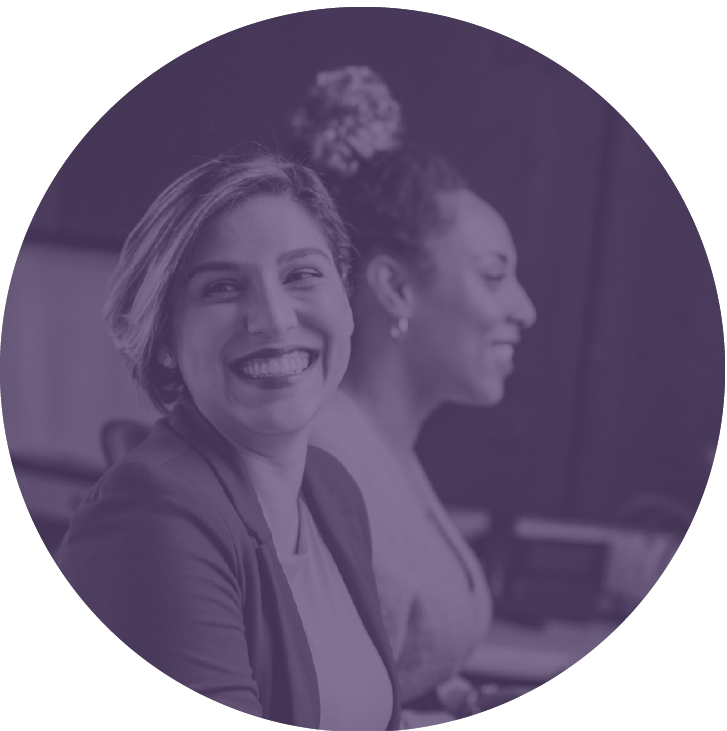
Safe Workplaces
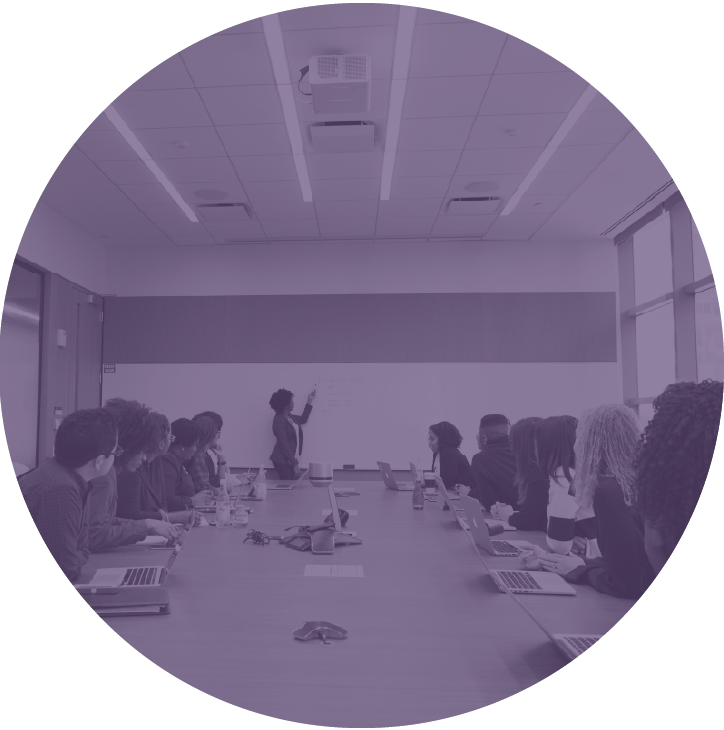
Leadership Diversity
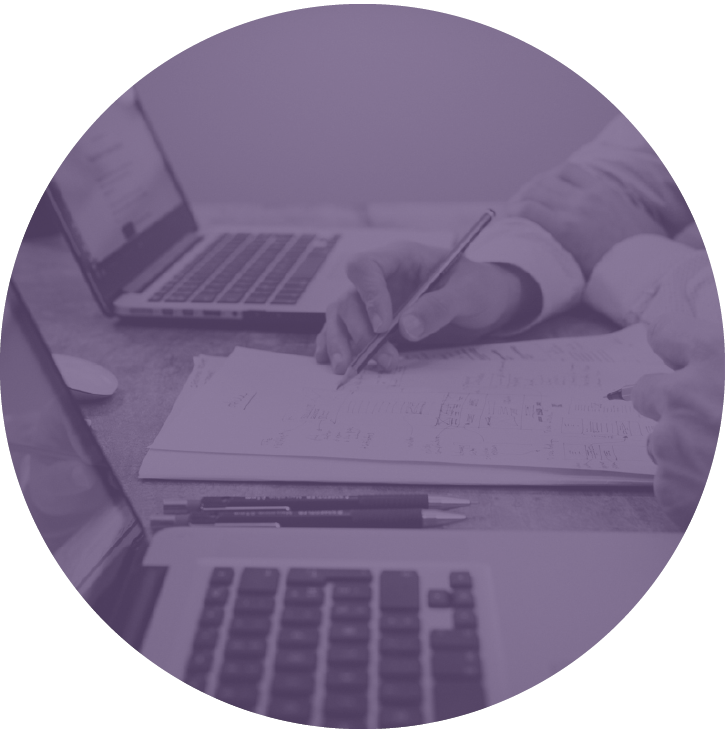
Meaningful DEI Strategies
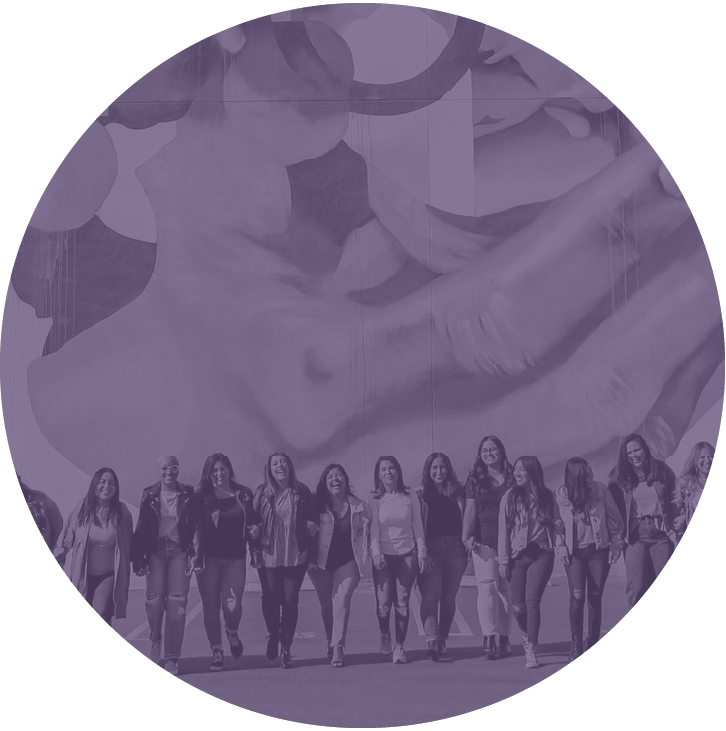
Diversifying the Field
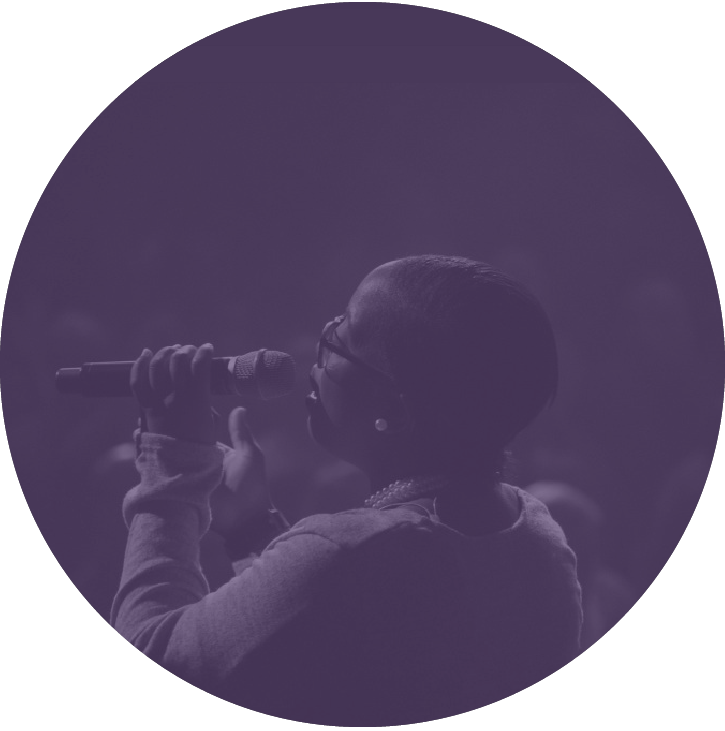
Fair Recignition
We held a panel discussion that allowed people in academia, foundations, and NGOs describe their experiences and challenge norms.
We are now completing a best practices guide to share among all OiS members, and will be completing some polling in June to support it.
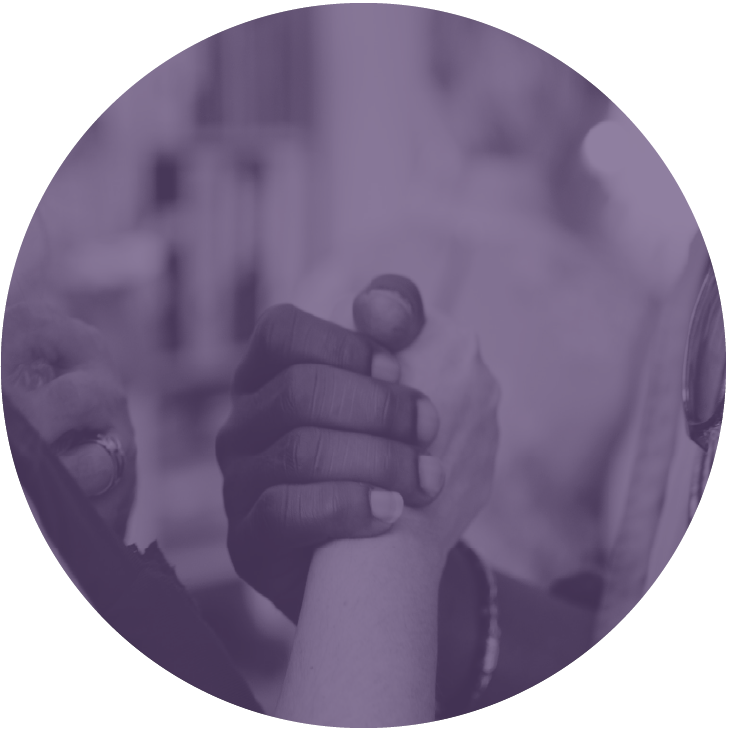
Supporting Black and POC Led Organizations
It is difficult to gauge what has changed because the baseline understanding of what is needed in the first place remains an ongoing problem.
Our working group is answering that question by asking people directly.
We began the year by ambitiously throwing out names and ideas of resources and wanted to create a webpage that listed connections, but then quickly started asking practical questions - like how would anyone know to look for this page, and how do we know that the resources listed will even be useful? When thinking about “support”, financial support is probably the obvious go-to, but what happens when a new startup spends all their support money on a graphic designer who doesn't give them a good product? Perhaps credible expertise should also come with that financial support?
Support comes in many ways and we set our course on figuring out the full landscape. We want to be intentional. I think the past year has taught us to stop throwing easy fixes at problems, like money, and to be more thoughtful, creative, and intentional.
To address this, we have created and launched a listening tour of Black people and people of color leading groups in the peace and security field, and fields adjacent.
We wanted to know:
- Can you tell me a bit about what drives you right now?
- What kinds of support are the most useful for your organization or work?
- What has been the most challenging aspect of finding and or maintaining support?
- When thinking about an ideal support structure, what are your most urgent needs or wants for this year (2021), the next two years, and the next five years?
- Is there anything else that you would like to say that we didn’t cover already?
- Who else should we talk to?
Our goal is that by answering these questions, we can both build more effective resources while at the same time creating the connections and networks that may find these resources useful in their own work.
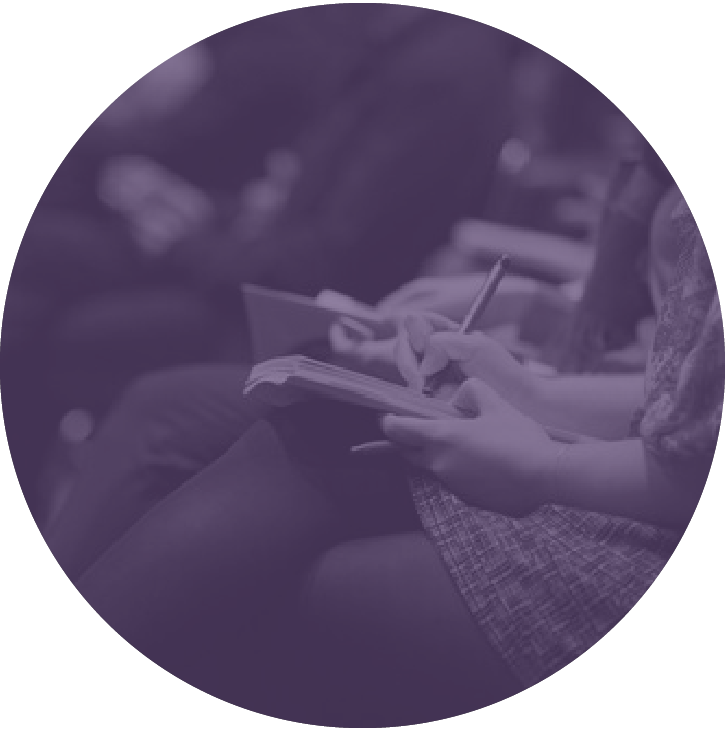
Education and Prevention
